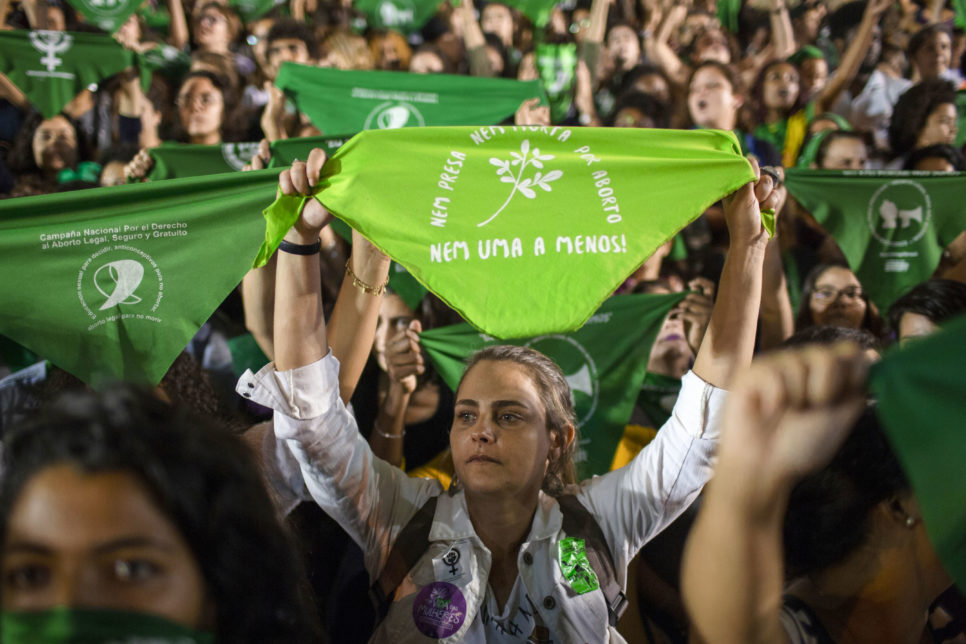In 1990, after a multi-year drafting process, Brazil passed a new law that would become a reference in the protection of children and young people – the Child and Adolescent Act. The law gave more clout to the provisions of the Constitution of 1988, which had incorporated the Integral Protection Doctrine established in international treaties such as the International Convention on the Rights of the Child and the United Nations Standard Minimum Rules for the Administration of Juvenile Justice (also known as the Beijing Rules).
This new milestone in Brazilian legislation put an end to the Code of Minors of 1979, which made children and adolescents themselves responsible for their vulnerability and established, as treatment, the external intervention by the State through “juvenile court judges”. The Integral Protection Doctrine takes an entirely different approach, by recognizing children and adolescents as rights-holders and placing the responsibility for guaranteeing their rights and protection on the State, the family and society at large.
In 2005, the Social Liberal Party (PSL) filed an ADI (Direct Action of Unconstitutionality) in the Supreme Court challenging the constitutionality of various articles of the Child and Adolescent Act and calling for its repeal. The petitioners claimed that children’s freedom of movement provided for in the law violated the Constitution and they defended the imposition of custodial measures – such as internment – for children aged up to 12.
Read more
ADI-3446 also mistakenly asserted that the duties conferred by the law to Child Protective Councils would remove the participation of the Judiciary from the analysis of serious offenses committed by children and adolescents.
In an amicus curiae brief prepared together with AMAR (Association of Mothers and Friends of At-Risk Children and Adolescents), the ABRINQ Foundation for the Rights of the Child, the Center for Human Rights, the Projeto Travessia Foundation and the Pro Bono Institute, Conectas argued that the vulnerability of children and adolescents in Brazil is caused by poverty and lack of material conditions that the government has failed to supply.
The organizations also noted that the Constitution prohibits the detention of any person, except for cases in flagrante and by court order (and always in accordance with due legal process). According to the organizations, permitting the internment of children and adolescents just because they are in a public place violates this guarantee and represents a clear discrimination against this population group, and it could also worsen the already appalling conditions in the country’s detention facilities.
Technical information:
Case: ADI-3446
Court: Supreme Court
Status: Classified as impaired on account of Law 4,151/2003.
Procedure: Case officially dismissed.
- 7/13/1990 – Child and Adolescent Act (Law 8,069/1990) signed into law
- 3/29/2005 – Initial petition
- 4/27/2005 – Request for admission as amicus curiae
- 8/7/2019 – Start of judgment and oral statements of the organizations admitted as amicus curiae – among them Conectas and partner organizations
- 8/8/2019 – Case dismissed by the rapporteur, Justice Gilmar Mendes




